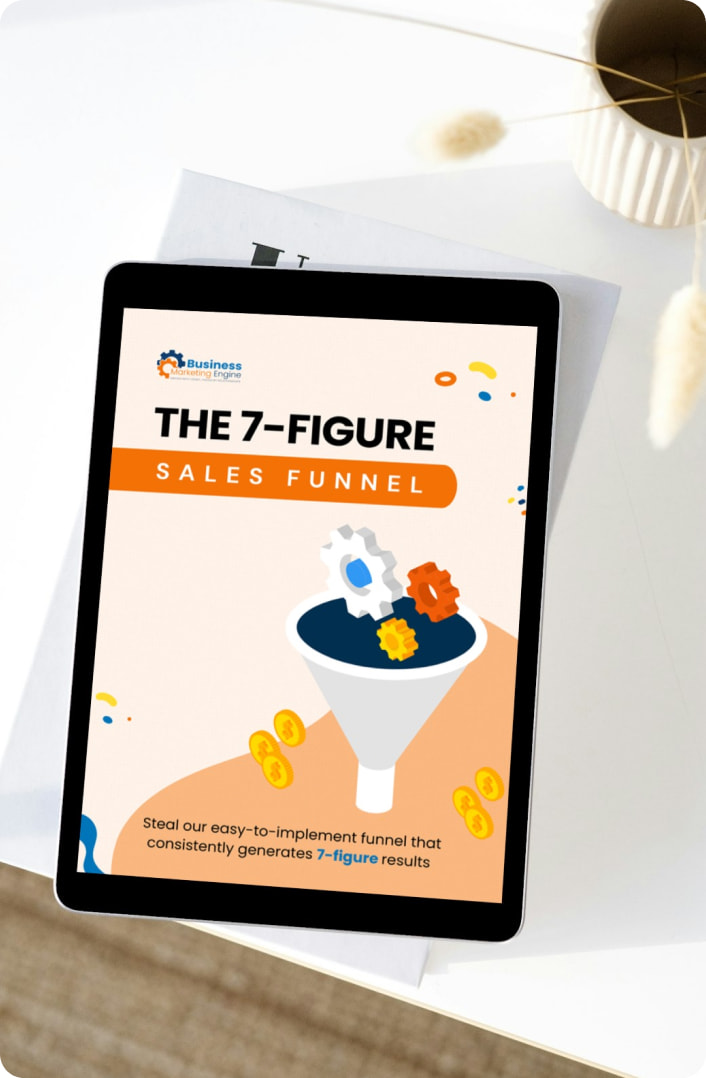While time runs at a premium, calculating the hours we are saved with technologies and the automated processes that result might just surprise us. This holds true in the business world as well. The goals of building a better business and implementing automated processes, particularly in the realm of marketing, prove valuable partners.
The statistics are staggering. A finding of 20 percent more sales opportunities and a 225 percent increase in conversion to sales when using automated marketing speaks boldly. Also, automation accounts for a 451 percent increase in qualified leads when integrated into lead nurturing campaigns. It is hard to argue with the numbers.
Fifty-nine percent of chief marketing officers believe automated marketing solutions will increase marketing strategy effectiveness. And, the statistics concur. This is a task worth tackling. While the words daunting and complex may come to mind, the decrease in manual labor frees time for core business activities, even new approaches, for companies.
The goals of marketing automation fall in line with general marketing results. Attracting prospective customers, encouraging these consumers to identify themselves with contact information and earning their business through relationship represent the desired results of automation. Mailing list management, email and nurture campaigns, reporting and statistics, and lead capture and scoring are examples of how automation is used by marketing teams.
Systems
While useful in many ways, automation does not prove to be a cure all. Before pursuing the glories of marketing automation, companies need workable, beneficial business systems in place. These systems are enhanced by the presence of automation.
Poor experiences are born by automating weak, ineffective processes. Begin by manually working a system first. As you go, map out the ideal process that reveals itself through successes and failures. Then automate.
The qualities of workable business systems include:
— Predictability, which allows for consistency of products and services.
— Delegation, which allows the business to grow past the one or two people who start it with clear expectations. These standards are communicated through orientation and training.
— Measurability, which identifies what is working and what is not through data.
— Improvability, which allows companies to act on the identified needs measured.
— Scalability, which indicates that once a system is running well it simply requires more resources to increase productivity.
Systems with these characteristics are automatable. Some high cost systems managed by people can be replaced with low cost, high volume systems managed by software. This successful automation frees your team to create new value for clients, better and more efficient systems and to focus on other important aspects of your business.
Marketing Automation Tools
Cloud platforms open the door to better automation, which comes in all shapes and sizes. Lead generation and nurturing, campaign management, email marketing, the recruiting process, management of internal requests and more benefit from automation. Marketing automation provides the movement and support for thousands of clients as opposed to the few you handle on your own effort.
HubSpot, Infusionsoft, ClickDimensions and more represent software options designed to automate repetitive marketing tasks. Social Media promotes business growth and brand establishment to a wide audience with little expense. Networking is enhanced through both resources.
Analytics Tools
Quantitative proof of which marketing efforts are working or are producing the best return on your investment significantly improve marketing efforts. Marketing automation shines in this arena. Click through open rates, number of re-tweets, bounce rates, downloads and more tabulated automatically provide crucial information to marketing teams.
Integration
Better business comes down to building systems and processes that do the work. Realistically, you can never sell enough or serve enough to build a business. Company workflow improves with the integration of automated features.
Email Marketing and Social
Integrating email marketing with social media provides valuable insights that allow for better segmentation and products that fit the unique needs of the consumer. Targeted lists which reflect customer likes, dislikes, browsing or purchasing patterns, social intelligence information, social and behavior patterns benefit marketing campaigns. In fact, 78 percent of those using social intelligence outperform those who do not.
e-Commerce and Email Marketing
The combination of e-commerce and email marketing offers immediate returns in consumer engagement and repeat or loyal customers. Automated data flows from e-commerce systems to email marketing platforms seamlessly. Segmentation to hit the target audience and personalized emails based on previous purchases and data history reap benefits with this duo.
e-Commerce and CRM
Linking e-commerce and CRM proves highly profitable if used well. Tracking inventory, product quantity and sales in both a self-service online store and sales force enables companies to take advantage of the staggering growth rates of online retail. Purchaser and convert information routes directly to your sales team. Gaining accurate insights of your consumer through e-commerce behaviors and marketing automation systems leads to loyalty programs, providing similar products and cross or up selling.
Get started today if you are looking for more help on your content marketing campaign. Contact us today and we will help you get started in the right direction.





Organic Health Planet is a Organic food blog which give latest information about uses & benefits of organic food for healthy body and weight loss. http://organichealthplanet.com/